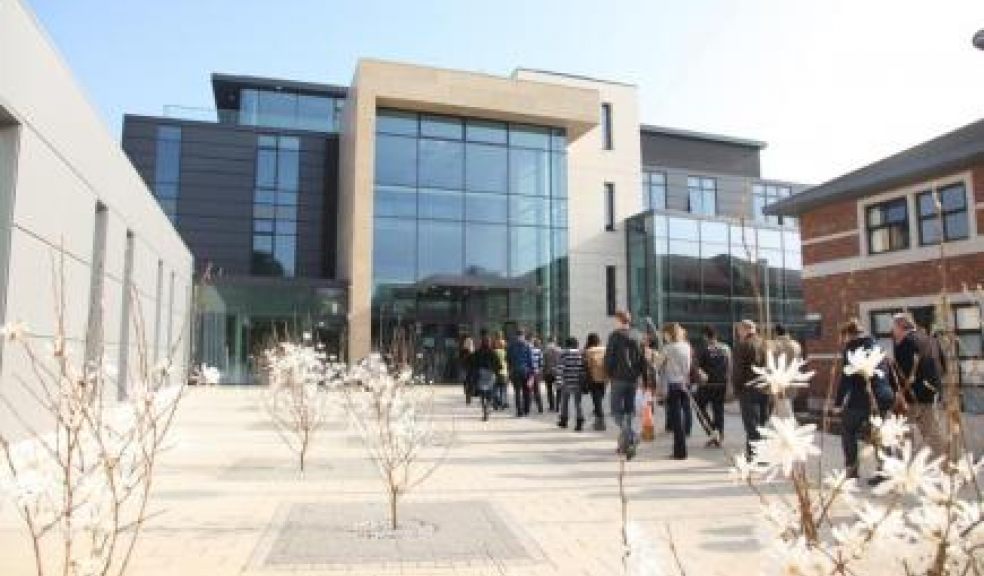
Cap on student recruitment lifted for all universities
The Chancellor has announced that all limits on university recruitment will be lifted in 2015. This unexpected decision means that universities will be allowed to recruit as many students as they want to.
Describing it as an “arbitrary cap on aspiration”, George Osborne announced that an extra 30,000 places at English universities will be created in 2014-15. The following year, the current cap on student numbers will be abolished entirely.
He told the Commons that: “it makes no sense that we have a lower proportion of people going to university than the United States, let alone countries such as South Korea”.
The move could lead to the biggest expansion of higher education in 50 years with no limit of the number places universities are able to offer.
The cap has already been lifted for recruitment of students with good A-level grades, which means that Oxford, Cambridge and England’s other top universities can already recruit as many students as they want.
The Institute of Directors said university expansion should be “targeted” in areas where employers are crying out for more qualified graduates, for example the sciences, technology and engineering courses. These subject areas will receive increased funding,
An additional 20,000 apprenticeships are also to be funded over the next two years.
However, Dr Wendy Piatt, the Director General of the Russell Group, said: “We have always said that higher quality education should be prioritised over quantity, especially in times of limited funding. We are therefore concerned that the Government has chosen to put additional taxpayers’ money into growing student numbers so substantially.”
The umbrella body for all of the UK’s 132 universities, on the other hand, said that the changes were “good news”, meaning that the Government intends to expand student numbers. Nicola Dandridge, Chief Executive of Universities UK, said: “More graduates is good for the economy, developing a strong society and improving the lives of individuals. Employers tell us that they will need more people with graduate-level skills in the coming years.”
The decision has been met with mixed reactions from staff and students at the University of Exeter. One philosophy student said that he was “worried the standard of teaching would drop” with so many new students soon to be admitted. A physics student, on the other hand, voiced general excitement for the increased funding in her subject field.

















